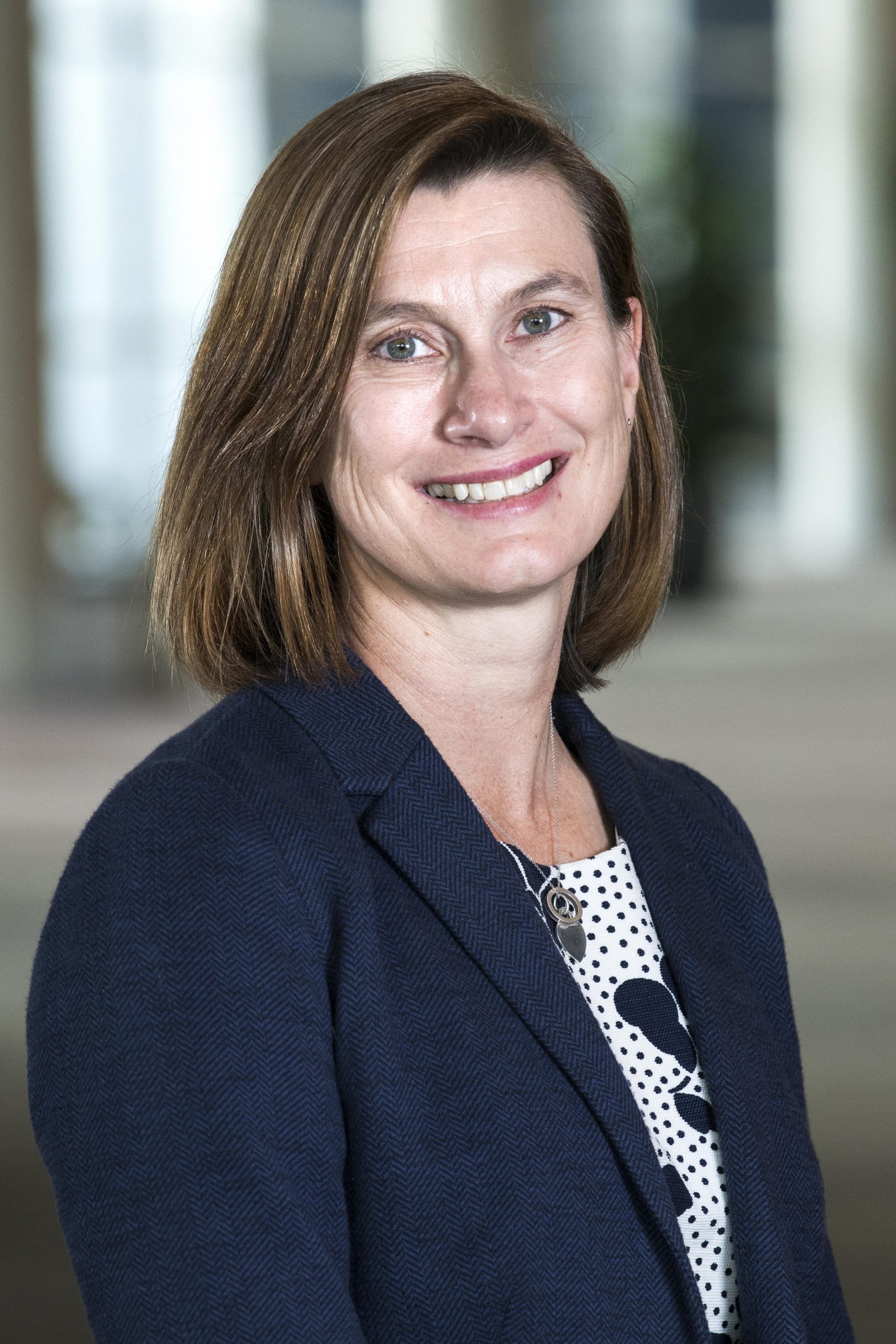This week marked the one-year anniversary of the release of the Royal Commission into Aged Care Quality and Safety’s Final Report – and 12 months on, it feels like little has changed.
The Federal Government’s report and press release is a ‘pat on the back’ for the reforms achieved so far across the five pillars of its five-year plan.
Certainly, there have been some important steps made – the establishment of the National Aged Care Advisory Council and Council of Elders, the $10 a day increase in the Basic Daily Fee for residential care providers and the provision of 40,000 new Home Care Packages among key measures already rolled out.
But progress remains slow – and serious challenges remain.
The question of long-term funding for the sector – a key subject of disagreement between the Royal Commissioners Tony Pagone QC and Lynelle Briggs AO – remains unanswered (see Grant Corderoy story above).
COVID-19, workforce shortages and financial viability are all impacting heavily on day-to-day operations.
The $18.3 billion pledged by the Government over the next four years is now widely acknowledged as falling short of what will be needed.
The second tranche of Royal Commission legislation – the Aged Care and Other Legislation Amendment Royal Commission Response Bill 2 – is still tied up before the Senate.
This bill could be passed later this month – but that will accelerate the pace of change for operators already strained by years of aged care reforms.
Royal Commission reforms rolling out from July 2022
 KPMG Australia Partner, Health, Ageing & Human Services, Nicki Doyle (pictured) says from 1 July 2022, providers will need to start implementing the first tranche of Royal Commission reforms – a process that could take up to 12 months, with other tranches to follow.
KPMG Australia Partner, Health, Ageing & Human Services, Nicki Doyle (pictured) says from 1 July 2022, providers will need to start implementing the first tranche of Royal Commission reforms – a process that could take up to 12 months, with other tranches to follow.
From July 2022, measures to roll out include:
- The expansion of the Serious Incident Response Scheme (SIRS) to home and flexible care (1 July, 2022);
- The introduction of the new Australian National Aged Care Classification (AN-ACC) funding model (1 October, 2022); and
- A new registration scheme for aged care workers.
“There is a significant risk that CEOs and boards do not understand the reforms, and what the implications are for them, for their organisation, their workforce and for the older Australians that they care for.
“Boards and Leaders need to have a broad understanding of the sector ranging from innovation and regulation to the shape and changes happening to the aged care market.”
Read more about the risk for CEOs and boards in this week’s issue of SATURDAY, in your inbox at 6am, Saturday 5 March. Subscribe for full access HERE.
Hear Nicki speak live at the LEADERS SUMMIT, Thursday 24 March and Friday 25 March, in Brisbane, Sydney, Melbourne, Adelaide and Perth. Register HERE.










